Business Type Comparison
S Corporation
- Decreased risk of personal liability by shareholders
- Required to have a registered agent
- Must apply for an EIN (Employer Identification Number)
- Capable of raising capital by selling company stocks
- Business can have unlimited number of owners
- Pass-through tax structure where owner(s) pay profit and losses on their personal income tax
- Limited to professionals in the same licensed trade or field
- Eligible for federal tax exemption status
C Corporation
- Decreased risk of personal liability by shareholders
- Required to have a registered agent
- Must apply for an EIN (Employer Identification Number)
- Capable of raising capital by selling company stocks
- Business can have unlimited number of owners
- Pass-through tax structure where owner(s) pay profit and losses on their personal income tax
- Limited to professionals in the same licensed trade or field
- Eligible for federal tax exemption status
Limited Liability (LLC)
- Decreased risk of personal liability by shareholders
- Required to have a registered agent
- Must apply for an EIN (Employer Identification Number)
- Capable of raising capital by selling company stocks
- Business can have unlimited number of owners
- Pass-through tax structure where owner(s) pay profit and losses on their personal income tax
- Limited to professionals in the same licensed trade or field
- Eligible for federal tax exemption status
Nonprofit Corporation
- Decreased risk of personal liability by shareholders
- Required to have a registered agent
- Must apply for an EIN (Employer Identification Number)
- Capable of raising capital by selling company stocks
- Business can have unlimited number of owners
- Pass-through tax structure where owner(s) pay profit and losses on their personal income tax
- Limited to professionals in the same licensed trade or field
- Eligible for federal tax exemption status
Professional Corporation (PA)
- Decreased risk of personal liability by shareholders
- Required to have a registered agent
- Must apply for an EIN (Employer Identification Number)
- Capable of raising capital by selling company stocks
- Business can have unlimited number of owners
- Pass-through tax structure where owner(s) pay profit and losses on their personal income tax
- Limited to professionals in the same licensed trade or field
- Eligible for federal tax exemption status
